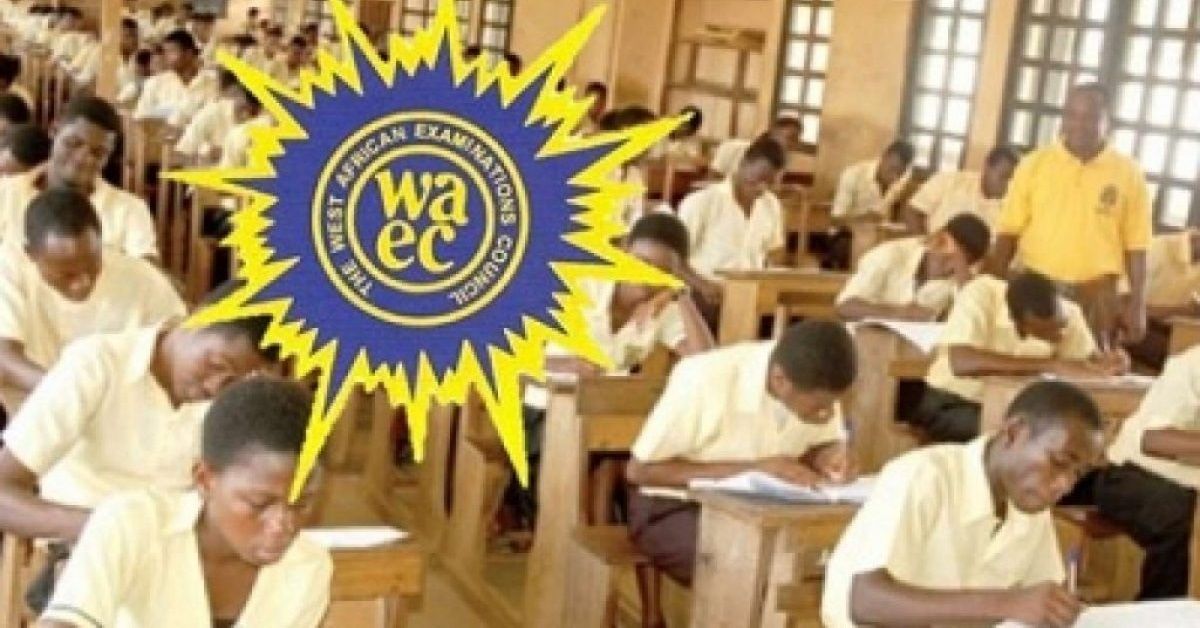The West African Examination Council (WAEC) in collaboration with the NaCCA have released the examinable topics for the 2024 BECE.

WAEC has so far released three examinable topics for three key subjects, namely; English Language, Mathematics and Integrated Science.
As you already know, the 2024 BECE is will begin on 8th July, 2024. It is therefore advisable for candidates to master these topics as provided by WAEC.
MATHEMATICS
Mathematics will also have 50 objectives test questions which will be spread amongst these main topics
- Numbers (Number and Numeration Systems, Number operations, Fractions Decimals and Percentages, Ratio and Proportion) – 37%
- Algebraic Reasoning (Pattern and relationships, algebraic expressions, variables and equations, shape and space) – 28%
- Geometry Around Us (Measurement, Position and transformation) – 27%
- Handling Data ( Data, Chance of Probability) – 8%
INTEGRATED SCIENCE
1. DIVERSITY OF MATTER
- Materials
- Living Cells
- Earth Science
- Life Cycle Of Organisms
2: CYCLES
- Crop Production
- Animal Production
- The Human Body System
- The Solar System
3: SYSTEMS
- Ecosystem
- FARMING SYSTEMS
4: FORCES AND ENERGY
- Energy
- Electricity And Electronics
- Agricultural Tools
- Conversion & Conservation
- Forces & Motion
- Waste Management
- Human Health
- Science And Industry
- Climate
- Change And Green
- Economy
- Understanding The Environment
5: HUMANS AND THE ENVIRONMENT
ENGLISH LANGUAGE
GES has grouped the English language questions into three main levels. We have the knowledge and understanding format which will form 20% of the whole exams. We also have application form which will form 40% of the total questions of the exams. We also have creating which will form part 40% of the exams. It should be noted that the exams will be made up of 50 objective test questions, essay writing, comprehension and Summary writing
Ghanaian Languages And French
- Tenses
- Conditional Sentence
- Question and answer tags
- Plot
- Subject matter
- Letter: Formal and Informal
- Narrative (Essay)
- Parts of the Body
- Verbs
- Le Passe
- Adjectives
- Adverbs
- The Clan System
- Taboo
- Greetings and Responses
- Proverbs
- Naming Ceremonies
- Dirges
- Question Tag
SOCIAL STUDIES
- Our culture
- The Environment and Environmental Degradation
- Promoting Political Stability in Ghana
- Colonization and National Development
- Our Nature and Human Resources
- Problems of Development in Ghana
RELIGIOUS AND MORAL EDUCATION
- Religious Personalities
- Rites and Passage
- Manners
- Reward and Punishment
- Chastity and Morality
- Money
- God, His Creation And Attributes
- Family and the Community
- Religious Practices – Religious Festivals
- Work
- Commitment
- Puberty
- Substance Abuse
COMPUTING
- Input and Output Devices
- Health and Safety in Using ICT Tools
- Toolbars
- Search Engine
- Tools Used to Access The Internet
- Creating a Word Processing Document
- Basic Storage Media
ABOUT NaCCA
The National Council for Curriculum and Assessment (NaCCA) is a statutory body established by an Act of Parliament in 2009 (Act 778) to oversee the development of curriculum and assessment for pre-tertiary education in Ghana. NaCCA’s main goal is to improve the quality of education in Ghana by ensuring that curriculum and assessment are relevant, effective, and aligned with national goals and values.
Functions:
1. Develop and review curriculum for pre-tertiary education (KG to SHS)
2. Develop and implement assessment policies and procedures
3. Conduct research and monitoring to inform curriculum and assessment decisions
4. Provide guidance and support to schools and teachers on curriculum and assessment matters
5. Collaborate with other education stakeholders to ensure a coherent and effective education system
Objectives:
1. Improve the quality and relevance of education in Ghana
2. Ensure consistency and coherence in curriculum and assessment across the country
3. Enhance the skills and knowledge of students to meet national and global needs
4. Support teachers’ professional development and capacity building
5. Encourage innovation, creativity, and critical thinking in education
Key Initiatives:
1. Development of the new Standard-Based Curriculum (SBC) for KG to SHS
2. Introduction of the National Assessment Framework (NAF)
3. Implementation of the Ghana Education Assessment (GEA)
4. Development of Teacher Resource Packs and Learning Materials
5. Capacity building for teachers and education officials
NaCCA works closely with the Ghana Education Service (GES), Ministry of Education (MoE), and other stakeholders to ensure that curriculum and assessment policies are aligned with national education goals and priorities.
Source: Ghanaeducationnews.com




